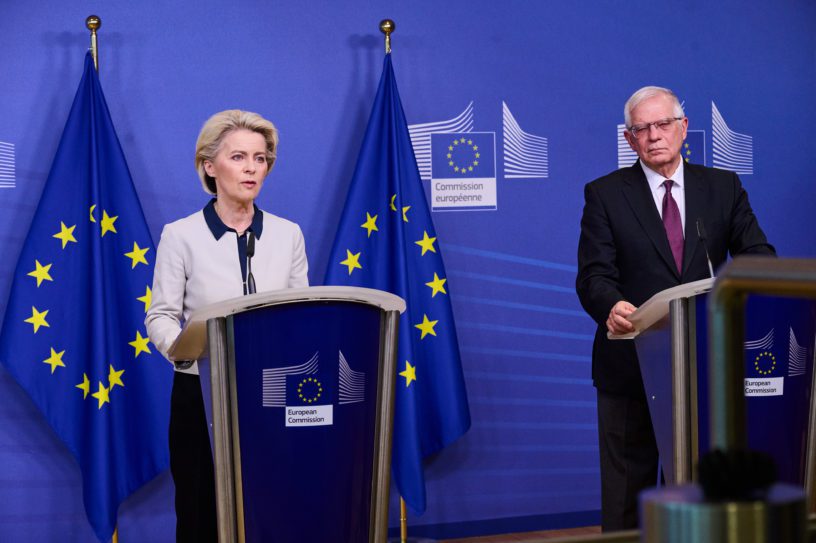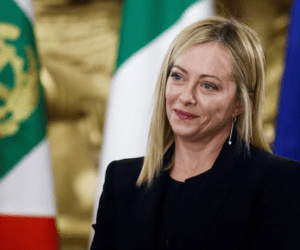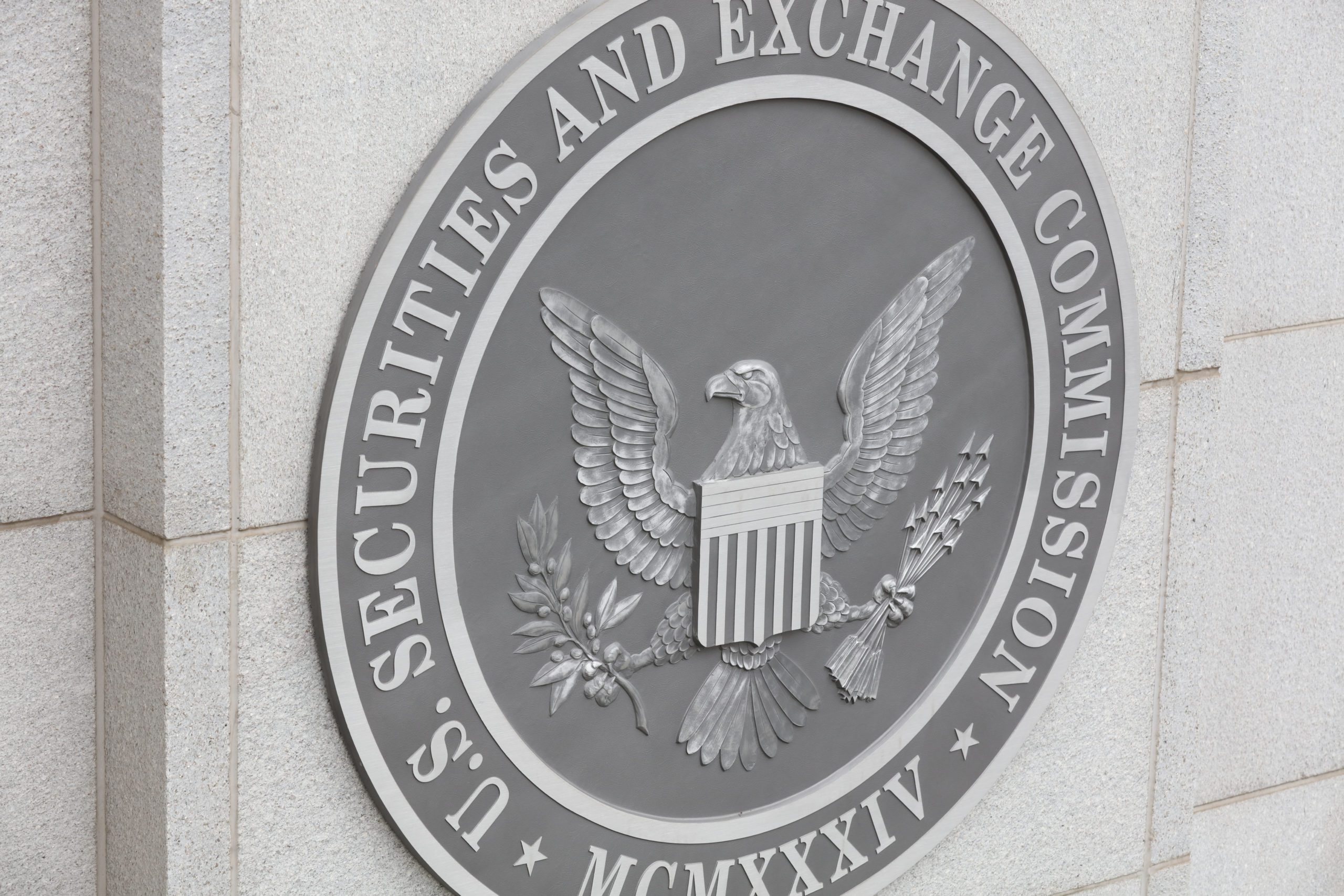By AML Intelligence Correspondents
THE EUROPEAN Commission today set out proposals to use billions in sanctioned Russian assets to fund reconstruction in Ukraine.
Commission president Ursula von der Leyen said the frozen assets could be actively managed to generate a “stable and fair net return” to rebuild Ukraine.
Significantly, these assets would not be permanently confiscated but returned to Russia in the event of a peace agreement signed.
“Russia must pay for its horrific crimes, including its crime of aggression against a sovereign state,” Ms von der Leyen said today (Wednesday).
“Russia and its oligarchs have to compensate Ukraine for the damage and cover the costs for rebuilding the country. And we have the means to make Russia pay.”
Under her proposal, the Russian state would be entitled to have the assets returned if there was a peace deal, potentially along with some minimal accrued interest. In the meantime, the liquid assets of the Russian state would be invested to generate returns to pay for reconstruction.
Western powers have frozen hundreds of billions of dollars of foreign exchange reserves parked in accounts by the Russian central bank early in the conflict. Russia said subsequently that the central bank sanctions had frozen about $300bn out of its gold and forex reserves.
The proposal was previously floated by Commission foreign policy chief Josep Borrel.
Experts however said confiscating sovereign assets is fraught with difficulty.
Earlier this year US Treasury secretary Janet Yellen said confiscating Russian state assets should not be done lightly and only in co-ordination with the EU and other allies.
Meanwhile, officials in Brussels are attempting to get comprehensive data on sanctioned Russian assets from individual Member States.
The commission discussion paper admits the total amount of frozen Russian public assets was “currently unknown”.
The matter was also raised at a summit of Nato foreign ministers in Bucharest Tuesday.
The German and French governments meanwhile want the European Public Prosecutors Office (EPPO) to be given the power to prosecute for sanctions violations.
At the same time Commission officials are progressing plans to make sanctions violation a crime across the EU which would allow the confiscation of private assets.
The European Commission believes almost €18.9bn of private assets, belonging to oligarchs and other entities, was currently frozen in the EU.











